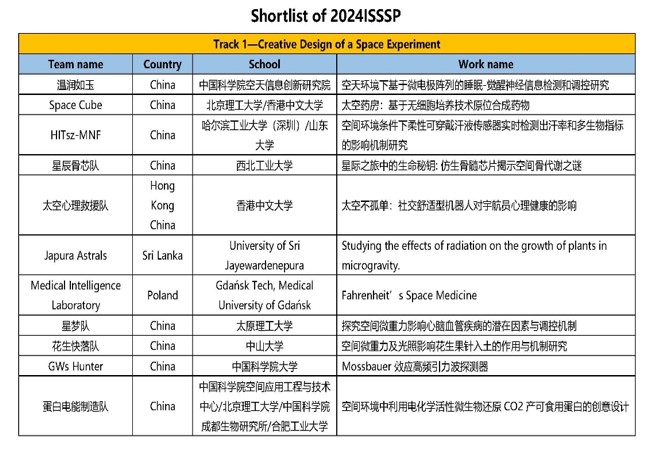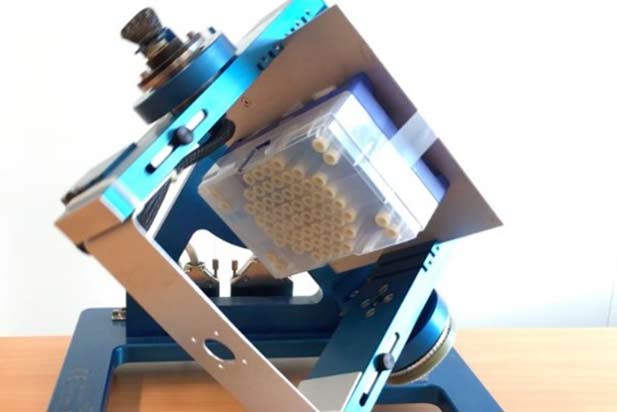A team of undergraduates from the University of Sri Jayewardenepura, known as J’pura Astrals, has been selected as finalists in the international space science and scientific payload competition, “A Shared Space For A Better Future”. They are one of the final 15 teams worldwide selected under Theme 1: Creative Design of Space Experiment. This global competition aims to create an innovative environment and community for space exploration, inviting participants to submit their space experiments and payload test projects. The top projects will be recommended as candidates for missions on the Chinese Space Station, the International Space Station, scientific satellites, and other space missions. The competition is sponsored by the Chinese Society of Astronautics, Beijing Institute of Technology, International Academy of Astronautics (IAA), and The Chinese University of Hong Kong. Its goals include making full and effective use of rare space resources, promoting major scientific discoveries, and encouraging innovative technological breakthroughs in the aerospace field. Additionally, the competition aims to advance aerospace technology, promote the sharing of innovative achievements, and foster a culture of collaboration and shared progress in space exploration.
The J’pura Astrals team competed under Theme 1: Creative Design of Space Experiment. Their project studies the effects of space radiation on plant growth in microgravity. This experiment aims to improve our understanding of how space conditions affect plant growth and to develop methods to protect plants from radiation. Such findings could help protect astronauts’ lives and support future colonization of other planets.
The J’pura Astrals team successfully passed the preliminary round and is now preparing for the final round, which will be held from August 11-13 in Hong Kong.
The team includes Ms. Dinithi Dissanayaka (Physics), Mr. Pavith Amarasinghe (General), Mr. Chamika Wijesinghe (Physics), Ms. O. T. Weerasinghe (Plant Biotechnology), Mr. D. A. Mallawarchchi (Engineering), Ms. T.A.G.K. Thenuwara (Applied Physics), and their project supervisor, Prof. M.L.C. Attygalle (Physics).




